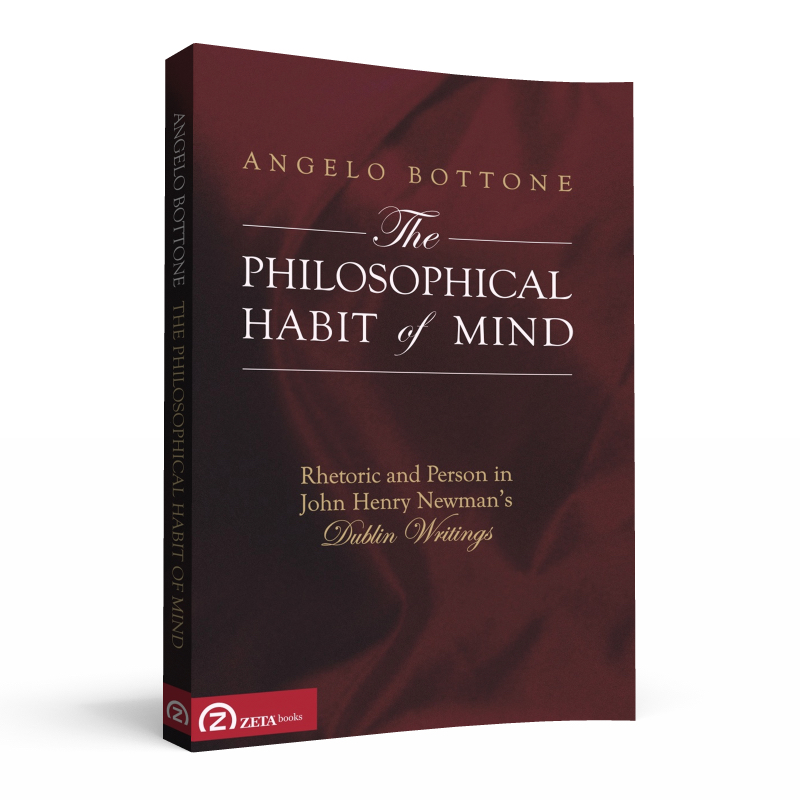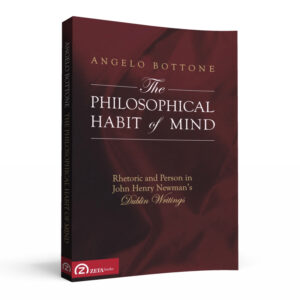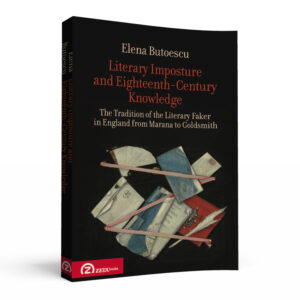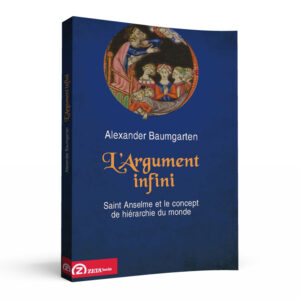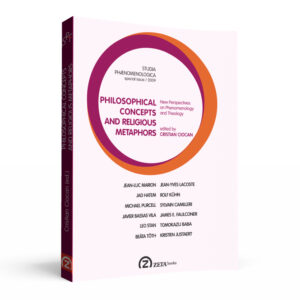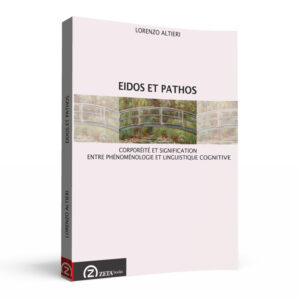PRESENTATION
This is the first comprehensive study of John Henry Newman’s works related to his foundation of a university in Ireland. It considers his Dublin Writings (1851-1859) in their totality and full meaning, in an attempt to show that they share a unity that is not merely chronological but also conceptual. It analyses Newman’s volumes, articles and sermons produced while he was in residence in Dublin and explains the historical background that led to the establishment of the Catholic University of Ireland. This work offers an original exploration of the influences of philosophers such as Aristotle, Cicero and Locke on Newman’s own thought. Aristotle’s inspiration is presented in a new light and compared with Ciceronian rhetoric and the Utilitarianism of Locke and his followers. Moreover, the intellectual, moral and artistic dimensions of the human person in Newman’s Dublin Writings are discussed, in conjunction with his concepts of the unity of knowledge and of the philosophical habit of mind. The final chapter is the author’s personal reflection on the issues that Newman raised, with reference to the development of university education and to contemporary thinkers such as Derrida and MacIntyre.
TESTIMONIA
Angelo Bottone has covered some aspects of Newman from an original perspective, focusing particularly on the rhetorical elements of his writings. In this respect, his work is innovative, as Newman’s Dublin Writings have been always considered only for their contribution to a debate on education. Angelo Bottone covers new areas, like the influence of Cicero or the role of the study of foreign and ancient languages in the university founded by Newman. Angelo Bottone’s book and its timing for publication may generate new perspectives on this period of Newman’s life. He has given a philosophical flavor to this study, which is novel as other authors have written about Newman mostly from a theological or educational viewpoint. (Domenico Iervolino, University of Naples)
Bottone’s book is a historical and thematic treatment of Newman’s Dublin writings, the best know of which is The Idea of a University. The merit of this work is that it makes available an account of many other writings of Newman that are not generally available, and presents an integrated interpretation of them. Reading The Idea of a University in the context of his other Dublin writings allows the reader to gain a more complete and nuanced understanding of this centrally important text. (Gerard Casey, University College Dublin)
BOOK REVIEWS:
- Peter Costello, in The Irish Catholic, 11th November 2010, page 28.
- Benjamin Hazard, in Studies: An Irish Quarterly Review, Vol. 100, No. 398, (Summer 2011), pp. 248-250
- Vivian Boland, in New Blackfriars, Volume 94, Issue 1052 July 2013, pp. 480-482.
- Dwight A. Lindley, in Christianity & Literature, vol. 61 no. 3, 2012, p. 503-508.
ISBN: 978-973-1997-61-2 (paperback)
ISBN: 978-973-1997-62-9 (ebook)

